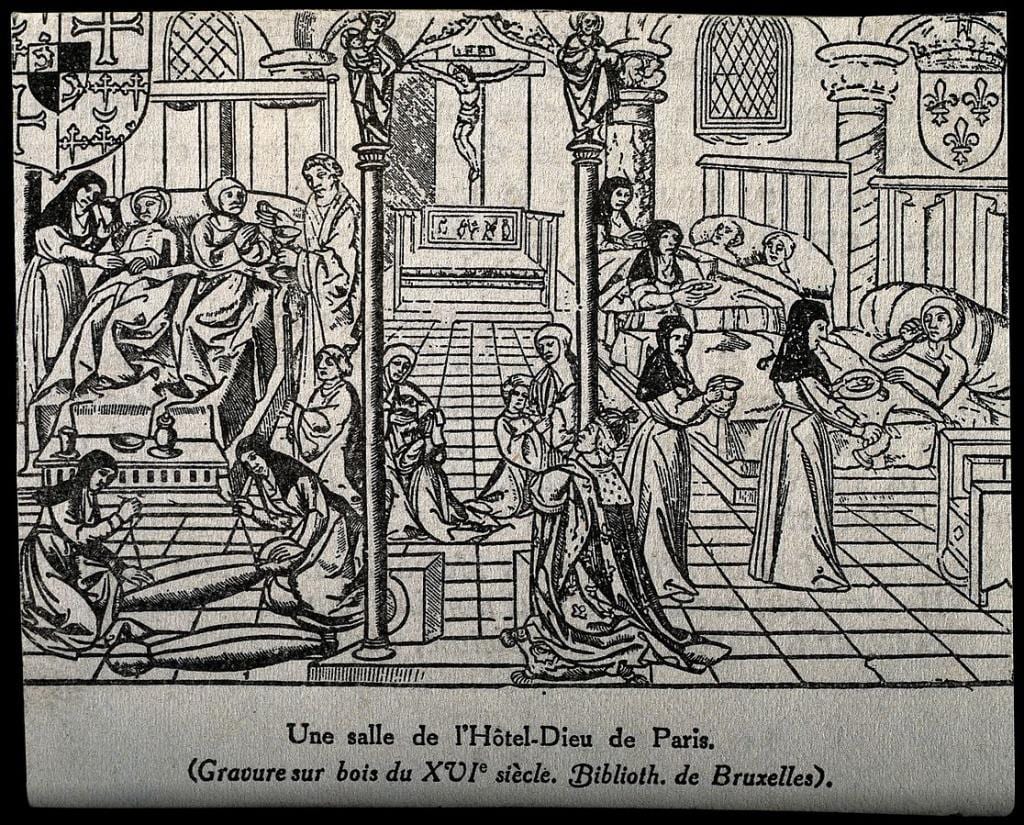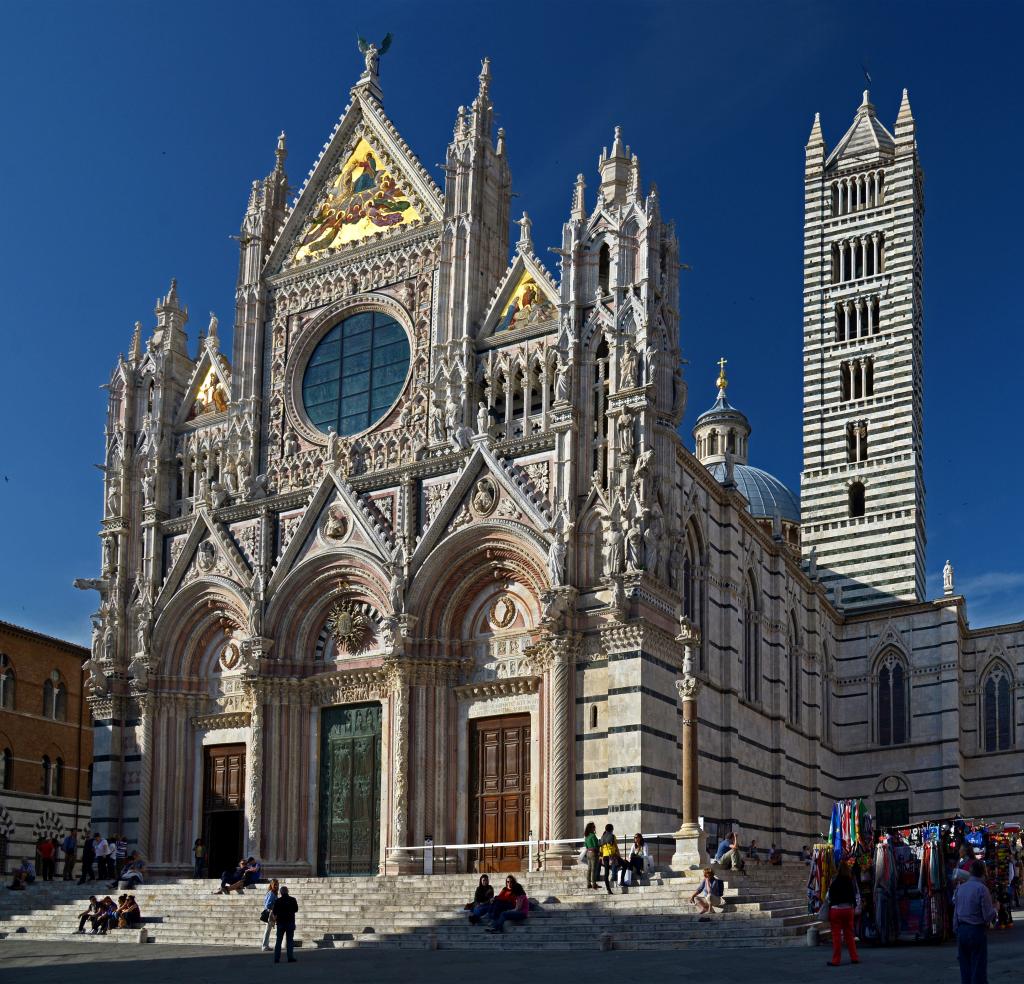
Ever have one of those days, when you just can’t focus on the work at hand? I have multiple articles sitting in draft form at my Forbes writing platform — on the Secure Act II, CPI for Social Security, and Illinois’ retirement income tax exemption — and I can’t muster the will to write about any of them, as I’ve been dealing with a tension headache all day and, much as I hate to admit being affected by politics, the election has me stressed. It’s not that I’m worried about the ultimate outcome of the presidential race — I don’t think Trump has a realistic chance — but I don’t know about the Senate and I worry about the Democrats’ actions if they take the Senate. What’s more, the reports of the boarding-up of businesses and expectations of riots have me unnerved — and as much as I don’t believe the claims that the Supreme Court will “steal” the election in favor of Trump, there is a risk of conflict over such issues as “how far after Election Day must unpostmarked ballots still be accepted?” and “where is the line to be drawn in terms of disparity between the voter’s signature in registration rolls and on the ballot?” where, yes, the more liberal the interpretation, the greater the risk of voter fraud. And, of course, at the same time, efforts to invalidate “drive-through” voting in Texas are driving me batty, though I cannot tell whether this represents anything like a mainstream Republican opinion. And locally, the two contested items on the ballot are the the so-called “fair tax” (an amendment to the state constitution to enable a graduated income tax) and the race for state representative, which is a rematch of the 2018 race which landed in favor of the incumbent Republican by double-digit votes — and each of these is stressing me out for the misleading advertising, from the claims of supporters of the “fair tax” who insist that 97% of Illinoisans will get a tax cut and millionaires and billionaires will “finally pay their fair share,” and the Personal PAC mailers for the challenger Democrat Maggie Trevor, the most recent of which claimed that she “took action” to support victims of sexual assault, but if you read between the lines, she actually didn’t do anything. Oh, and then there’s the endless mailers for the local incumbent Democratic judge, appointed by Democrats 3 years ago and now touting that she has “judicial experience” despite the fact that, prior to her appointment, she worked in HR.
Ugh.
Time for some distraction.
Why on earth would I want to rant about medieval hospitals?
For clarity, what I’m interested in is our 21st century lack of understanding about them. And, in particular, about the bad rap they got in a video called “Poor Us: an Animated History of Poverty,” which dates back to 2012 but recently was shared on twitter and is used in college classes. the video — a 60 minute documentary — was funded in part by America’s PBS but was a project of the BBC. It was produced by a filmmaker by the name of Ben Lewis but I can’t quite put together the national origins of the whole project, as the narrators speak with accents (or perhaps affectations) that are neither American nor British.
The film itself is narrated in the second person: “you are a poor person in [given time and place].” It starts with prehistory, then Ancient Greece, then moves on to Cairo, 1100 (at about the 8 minute mark), where the second person “you” of the story is drawn as the very stereotype of the Jew, not just with a menorah but with a hooked nose and a beard. “You” are barricading the door of your carpenter’s shop, apparently to hide from the beggars in the city streets (from the visuals), or, ostensibly, to hide from the tax collectors who would take away money you need to feed your family.
This is a very odd segment, as the narration moves to charity in Islam “wiping away bad deeds” and quotes from Muslim and Buddhist religious figures about charity, which have nothing to do with anything — but then the Jewish carpenter writes to the local rabbi saying, “I have debts to Muslims and my family is starving.” Perhaps this is just an attempt to incorporate actual documentary evidence — that is, the documents of the Cairo Genizah, found in 1896 — but with a narration so poorly done as to make it wholly unclear what is going on (is the Jewish family a part of the narration because they are receiving aid from other Jews? because they are refusing to provide aid to beggars?). This is what caught the eye of the folks on twitter who shared it: a vignette which appears to contain anti-Semitism of the sort that is simply so much a part of the filmmakers’ world view that their insertion of a Jewish family into the narration makes no sense.
Be that as it may, the narration moves next to Paris, 1300, where “you” are a poor man, a “beggar in a sea of beggars.” Historian Sharon Farmer appears (she’s a real historian and the author of Surviving Poverty in Medieval Paris, from which the anecdote is presumably taken), and she cites a story of a pig herder in a village who is injured, stays with his brother for two months, then in “the local village hospital” for two months, but the other residents are annoyed by the stench of his wound and encourage him to seek a miraculous cure at a shrine in Paris. The animation shows a teeming mass of poor people coming to seek coins as given out at a funeral, and sneers at the new religious orders such as Franciscans, who begged “in competition with the real poor.” An unnamed expert then tells us that “the basic lesson of medieval poverty is that there are bureaucracies and systems being built on the sufferings of others all the time, and that’s true now, as it has always been. And you look at your average medieval cathedral, maybe designed to honor the poor, and yet I don’t think many of the statues and monuments are very eatable or helpful.” Farmer then comes back, to say that rich artisans and merchants made provisions in their wills to give out alms.
From there the narration skips to the Incan Empire, where, preposterously, the animation shows the ruler being carried on a litter by servants, but then claims, implicitly, that poverty there did not begin until the Spanish colonized the continent. We see more about Africa and Europe, and end up in China in 1743, when the government undertook a “model relief effort” in the face of a widespread famine, with grain relief provided to 2 million people. “Lucky you are not in the West, but in the East.”
And the narrative continues with more anti-colonialist, Marxist rhetoric, in which the decline of poverty in the twentieth century is presented as mysterious and unexplainable, having nothing to do with industrialization, technological advancement, or capitalism — and yet “poverty” returns in modern times, in the form of “income inequality.”
But let’s go back to Paris — because regular readers will recall that I was, in fact, once a graduate student in medieval history. In fact, if I had had the necessary level of skill and focus (and had records been more plentiful), I would have written a dissertation on medieval hospitals and on the religious sisters who worked there — because they took religious vows but, unlike nuns in convents, were actively involved in caring for the poor, hospitals being not necessarily places busy caring for the sick but also for the poor.
In fact, as true as it may be that large swathes of the population of medieval Paris, or any such city, were poor (though “poor” is always relative, anyway), and as much as the “expert” sneers at the use of money to build a cathedral rather than to help the poor, this fails to acknowledge that in Paris, a hospital dedicated to the care of the poor and the sick had been in existence for nearly 500 years by the point of this scene — with its first recorded mention being in the year 829.
In fact — well, if you’re a regular reader of my writing at Forbes, you’ll know that I recently wrote about The WEIRDest People in the World, a book which explains western distinctiveness as arising in the Middle Ages from the church’s prohibition on marriages between related people, which had the consequence, whether planned or accidental, of obliging medieval folk to form community organizations to replace what would have been strong clan ties elsewhere: guilds for skilled craftsmen (and women) in the cities, universities, even self-government within those cities. And the fact that the Hotel-Dieu in Paris and hospitals throughout Europe were funded and staffed by lay people and religious orders, rather than managed by the government, does not make them somehow “less worthy.”
Of course, does it really matter that everyone thinks of the European Middle Ages as teeming with beggars, and the new conventional wisdom is that the Islamic World and the Far East greatly surpassed medieval European civilization? In one sense, no, not really, but, at the same time, I think there is a degree to which this conventional wisdom extends beyond just an evaluation of the economic and technological level of development of these regions at any given time into an evaluation of moral superiority, or lack thereof: “because in the Middle Ages, Christendom had a lot of catching-up to do, their eventual success in having done so and indeed outstripping other regions in economic development and industrialization is undeserved.”
And with that, I at least feel more up to the task of writing about retirement.












